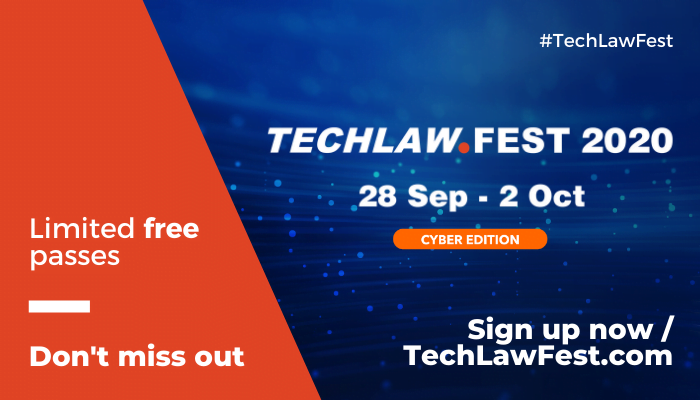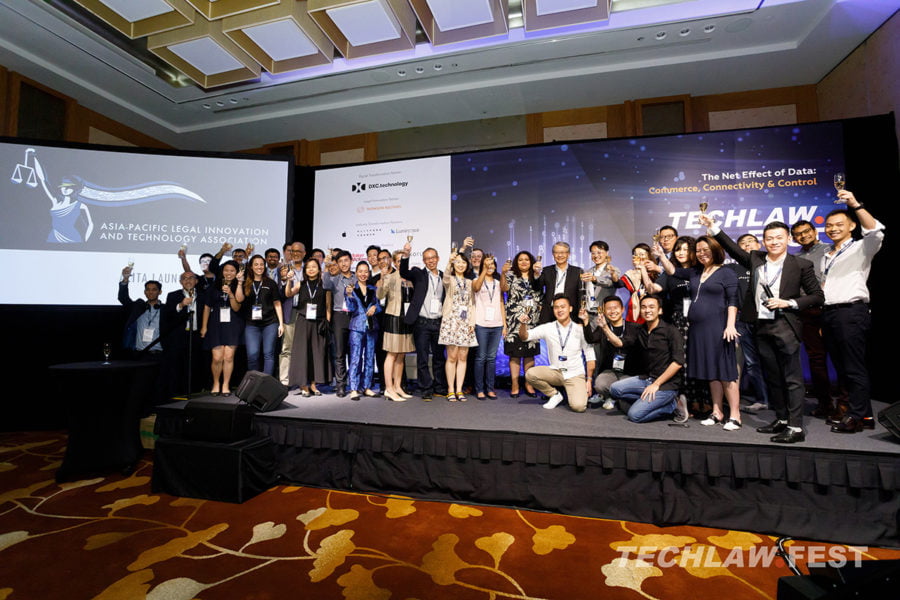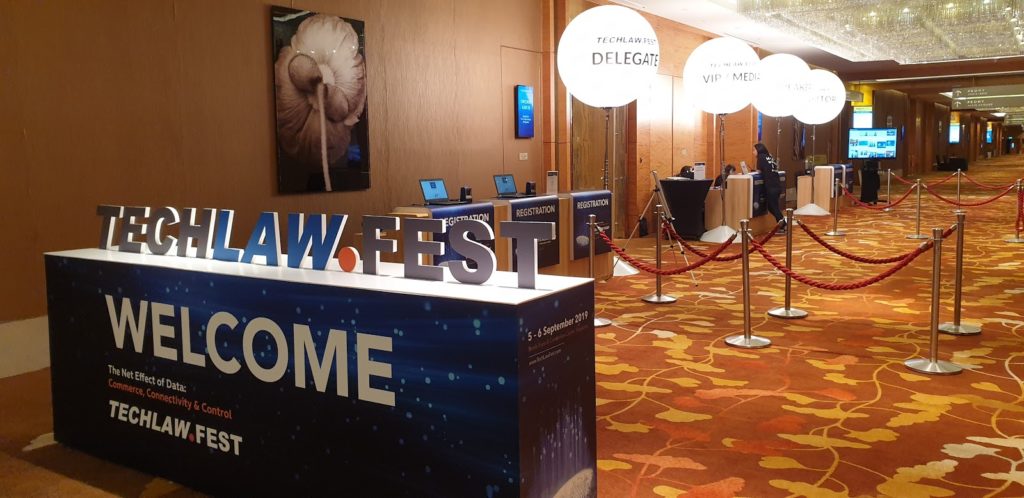Written by: Alexis Sudrajat and Alexis N. Chun
The inaugural Computational Law Conference (“CLAWCON“) ran from 12 to 14 July 2023. Hosted in the Singapore Management University (“SMU“), the event saw speakers and attendees from private, public, regulatory, and academic organisations, some of whom had flown in from all over the world. They had come together to discuss the issues surrounding computational law from a multi- and interdisciplinary perspective. It was organised by SMU’s Centre for Computational Law (“CCLAW“), Singapore’s first and only research centre focused on applied research in the intersection between law and technology.[1]
Two distinguished speakers, Professor Lee Pey Woan, Dean of Yong Pung How School of Law (“YPHSL“), and Mr Yeong Zee Kin, Chief Executive of Singapore Academy of Law (“SAL“), delivered the opening keynote addresses of CLAWCON 2023. This article summarises both of these keynote speeches.







